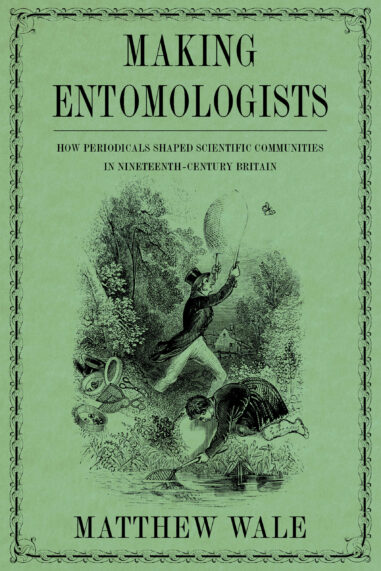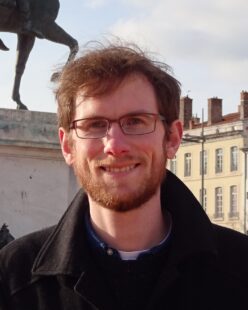Popular natural history periodicals in the nineteenth century had an incredible democratizing power. By welcoming contributions from correspondents regardless of their background, they posed a significant threat to those who considered themselves to be gatekeepers of elite science, and who in turn used their own periodicals to shape more exclusive communities. Making Entomologists reassesses the landscape of science participation in the nineteenth century, offering a more nuanced analysis of the supposed amateur-professional divide that resonates with the rise of citizen science today. Matthew Wale reveals how an increase in popular natural history periodicals during the nineteenth century was instrumental in shaping not only the life sciences and the field of entomology but also scientific communities that otherwise could not have existed. These publications enabled many actors—from wealthy gentlemen of science to working-class naturalists—to participate more fully within an extended network of fellow practitioners and, crucially, imagine themselves as part of a wider community. Women were also active participants in these groups, although in far smaller numbers than men. Although periodicals of the nineteenth century have received considerable scholarly attention, this study focuses specifically on the journals and magazines devoted to natural history.



